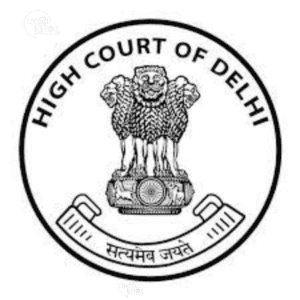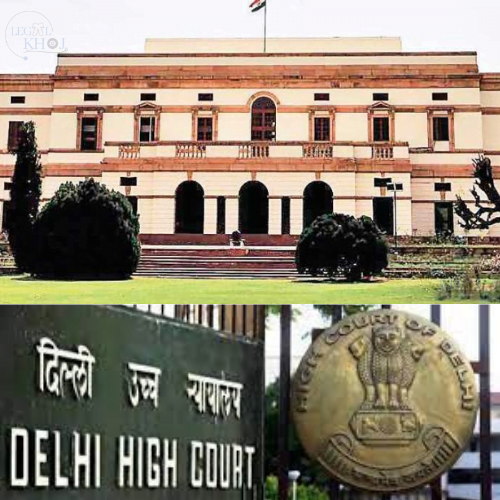Delhi High Court Retired Merging Workers:-
In a significant ruling, the Delhi High Court recently addressed a case involving a group of retired merging workers from the Hotel Corporation of India (HCI). These workers had filed writ petitions seeking the disbursement of wage revision arrears and related benefits, as per a Memorandum of Understanding (MOU) and an Award issued by the Central Government Industrial Tribunal (Tribunal). The Court, presided over by Justice Chandra Dhari Singh, found HCI’s actions to be in violation of Article 14 of the Constitution due to the discriminatory classification between retired merging workers and their currently employed counterparts within the company. Consequently, the Court ordered HCI to pay the retired workers their wage revision arrears at par with the currently workers merging.
Retired Merging Worker Background:-
The case revealed that the petitioners had been employed as merging workers by HCI between 1982 and 1991, retiring between 2010 and 2020. HCI, a public limited company, was previously a subsidiary of Air India Limited and was owned by Air India Assets Holding Limited following its disinvestment in January 2022. The issue revolved around the revision of salaries, initially introduced in 1982 and subsequently modified by various directives, including one from the Bureau of Public Enterprises in 1984. After several negotiations, the Tribunal issued an award in 2016, granting wage revision to the merging workers of HCI from August 17, 2008.
An MOU was signed in 2019, stipulating that the wage revision would be applicable from the same date as per the Tribunal’s award. Despite this agreement, HCI failed to disburse the revised wages to the petitioners upon their retirement. The merging workers, feeling aggrieved by HCI’s non-compliance, approached the Court, asserting that HCI’s actions amounted to discrimination against the retired workers in comparison to their current counterparts.
The central issue examined by the Court was whether HCI was obligated to pay the petitioners their revised pay scales as per the MOU and the Tribunal’s order. The Court affirmed the Tribunal’s decision, emphasizing that the petitioners were entitled to their revised wages from August 17, 2008. It referenced relevant sections of the Industrial Tribunal Act, 1947, indicating that the Tribunal’s award became enforceable 30 days after its publication. Consequently, the Court concluded that the petitioners were entitled to wage revision from the specified date, as determined by the Tribunal, although not necessarily in accordance with the MOU.

Analysis, Law, and Decision:-
The Workers must not discriminate between retired and currently employed workers unless a valid reason justifies differential treatment. It cited the Supreme Court’s decision in All Manipur Pensioners Assn. v. State of Manipur (2020) 14 SCC 625, which emphasized the wrongful classification of employees working at the same position. The Court found HCI’s classification to be unconstitutional under Article 14 due to its disparate treatment of retired merging workers and their active counterparts.
In support of its ruling, the Court referenced the legal precedent set by the case of Hero Motocorp Ltd. v. Union of India (2023) 1 SCC 386. It affirmed that the petitioners possessed a legal right to claim the wage revision as per the Tribunal’s award and that HCI had a corresponding legal duty to disburse these arrears. Consequently, the Court issued a writ of mandamus, compelling HCI to pay the retired workers their wage revision arrears in line with the Tribunal’s award dated November 29, 2016.
In essence, the Delhi High Court’s judgment upheld the constitutional principle of equality before the law, ensuring that retired merging workers are treated no less favorably than their active colleagues. This ruling reaffirms the fundamental rights of employees and sets a significant precedent for similar cases involving wage disputes and discrimination within the workplace.
Also read:









Leave a Reply